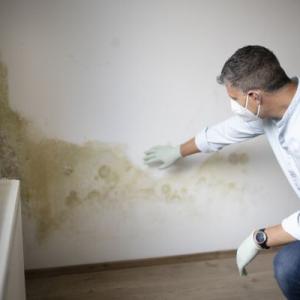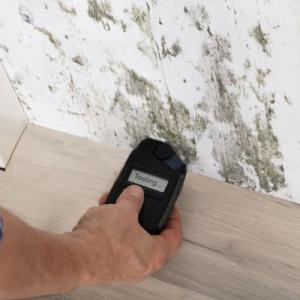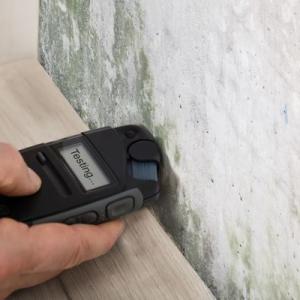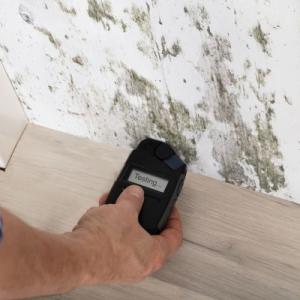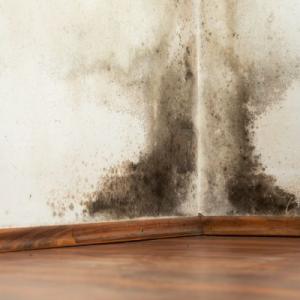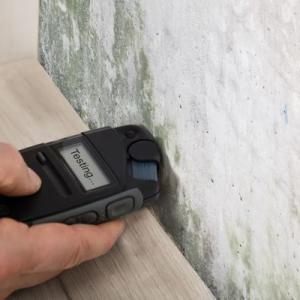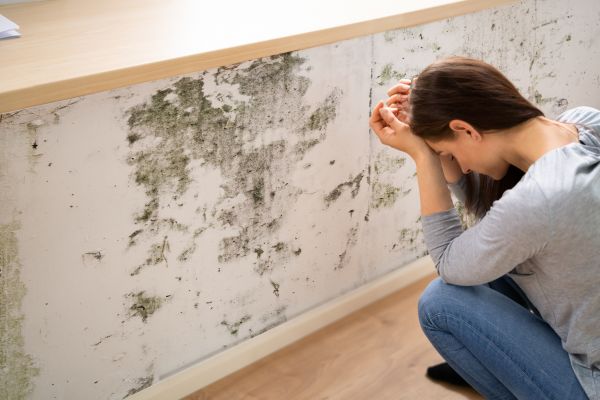
Mold Detection: Stuart
Mold Detection in Stuart
Get help with Mold Detection in Stuart. Fill out the form above and we will connect you with local Stuart pros. Mold detection services offer valuable insights into the presence of mold in your environment, enabling you to identify and address potential health hazards. By utilizing professional mold detection, you gain a comprehensive understanding of the extent and type of mold present, allowing you to take proactive measures to mitigate its impact. With expert analysis and accurate results, mold detection empowers you to make informed decisions regarding necessary remediation and maintenance. By prioritizing mold detection, you prioritize the health and safety of your space, ensuring a clean and comfortable environment for all occupants.Mold Detection FAQ
Q: How Does Mold Detection Work?
Answer: Mold detection works by using specialized equipment, such as moisture meters, infrared cameras, and air sampling devices, to identify areas of high humidity and potential mold growth. These tools help professionals locate hidden mold, determine the type and extent of the mold problem, and develop a plan for effective remediation.Q: What Are The Signs And Symptoms Of Mold In A Home Or Building?
Answer: The signs and symptoms of mold in a home or building may include musty odors, visible mold growth, water stains or discoloration on walls or ceilings, respiratory symptoms such as coughing, sneezing, or wheezing, allergic reactions, and worsening of asthma symptoms.Q: Are There Any Health Risks Associated With Mold Exposure?
Answer: Yes, there are health risks associated with mold exposure. Mold can cause allergic reactions, respiratory issues, and other health problems, especially in individuals with weakened immune systems or pre-existing respiratory conditions.Q: What Are The Common Areas In A Home Or Building Where Mold Is Typically Found?
Answer: The common areas in a home or building where mold is typically found include bathrooms, kitchens, basements, attics, and areas with excess moisture or water damage.Mold detection refers to the process of identifying the presence of mold in indoor environments. Mold, a type of fungus, can grow in damp and humid areas, such as basements, bathrooms, and kitchens. Detecting mold is crucial as it can cause various health issues and damage to the structure of a building if left untreated. Mold detection involves using specialized tools and techniques to locate areas with mold growth. These methods may include visual inspections, moisture meters, thermal imaging, and air sampling. By identifying the presence of mold, appropriate measures can be taken to remediate the problem and prevent further growth. Regular mold detection is recommended to maintain a healthy and safe living or working environment.
